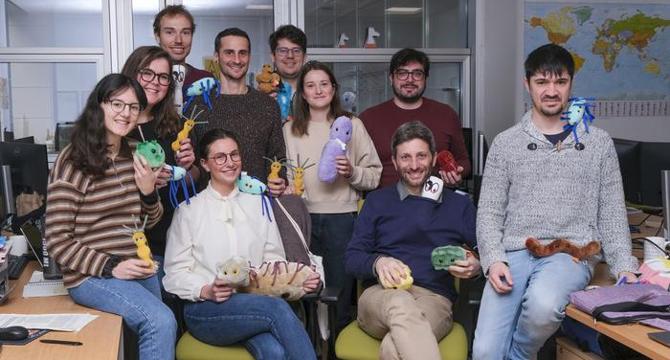Bioengineer
3d
302

Image Credit: Bioengineer
Advancing Toward a Diagnostic Test for Colorectal Cancer
- A groundbreaking study reveals a microbial signature linked to colorectal cancer, offering potential for non-invasive diagnostic tools.
- The research, led by Professor Nicola Segata and published in Nature Medicine, analyzed 3,741 stool samples from 18 cohorts globally.
- Identification of a specific set of gut bacteria associated with colorectal cancer may pave the way for transformative diagnostic methods.
- Several bacterial species, including Fusobacterium nucleatum, were found to be consistently elevated in colorectal cancer patients.
- Researchers suggest that these bacteria translocate to the tumor microenvironment and may influence disease development.
- The study utilized metagenomic sequencing and machine learning to achieve high accuracy in predicting colorectal cancer presence and stage.
- Integration of computational science with metagenomic biology marks a shift towards precision diagnostics and personalized screening strategies.
- Clinical translation of these findings faces challenges and requires further validation through registered trials.
- The study's interdisciplinary approach aims to bridge microbiome science with oncology therapeutics for better patient outcomes.
- Understanding the gut microbiome's role in colorectal cancer could lead to novel therapeutic targets and personalized treatments.
Read Full Article
18 Likes
For uninterrupted reading, download the app